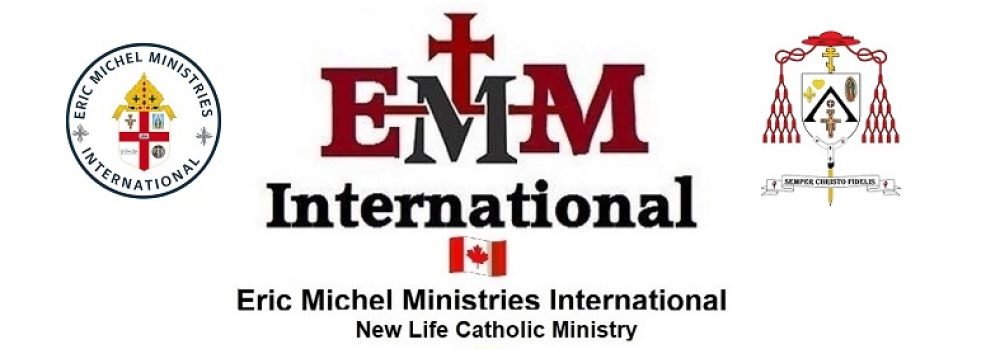
The Sudanese Civil War, sometimes referred to as the Fourth Sudanese Civil War or the War of the Generals, is an armed conflict that began on April 15, 2023, in Sudan, pitting the country’s armed forces against the Rapid Support Forces (RSF), a paramilitary force. Clashes then erupted throughout the country, primarily in the Sudanese capital, Khartoum, and in the Darfur region.
The clashes began when the RSF attempted to seize power and launched attacks on key government sites. Airstrikes, artillery fire, and heavy gunfire were reported throughout Sudan, including Khartoum. RSF leader Mohamed Hamdan Dogolo claimed control of most government sites, including the state television headquarters, the presidential palace, Khartoum International Airport, and the army chief’s official residence. However, de facto leader Abdel Fattah al-Burhan also claimed control of all of these locations. The conflict between the two generals led Sudan to a fourth civil war, following those of 1955-1972, 1983-2005, and 2003-2020.
In 18 months, the war claimed tens of thousands of lives, displaced more than 10 million people, and triggered a severe humanitarian crisis. Famine was declared in July in the Zamzam displacement camp in Darfur. More than 25 million of the 45 million Sudanese people require humanitarian aid to survive in a context of chronic food and water shortages, according to the United Nations.

The Anglophone crisis in Cameroon, also known as the Ambazonia War, is an armed conflict that has been raging since 2017 in Cameroon’s two English-speaking regions, the Northwest and Southwest, pitting the Cameroonian government against various separatist groups. This conflict has been linked to the specific socio-political situation in these regions since late 2016. This crisis, initially based on corporatist demands by lawyers and teachers, has gradually shifted towards intense secessionist demands due to what were deemed insufficient government responses, the refusal to open a debate on a return to federalism, and numerous human rights violations by security forces.
In September 2017, separatists took up arms and launched a campaign of attacks against government forces, public places, and schools. On October 1, 2017, separatist leader Sisiku Julius Ayuk Tabe symbolically declared the independence of the Anglophone regions under the name of the Federal Republic of Ambazonia, triggering protests that were bloodily suppressed. In November 2017, a series of deadly attacks targeting security forces were attributed to the separatists. In response, the authorities launched military operations in the Anglophone regions in December of that year.
In January 2018, separatist leader Sisiku Julius Ayuk Tabe and nine of his supporters were arrested in Nigeria and extradited to Cameroon. On August 20, 2019, they were sentenced to life imprisonment. On September 11, 2019, President Paul Biya announced that a “major national dialogue” would take place at the end of the month to resolve the conflict. Following this consultation, a “special status” was granted to the Anglophone regions. Despite this incident, violence continues.
Since its outbreak, the conflict has claimed more than 6,000 lives and forced more than a thousand people to flee their homes, with abuses committed or attributed to both government forces and their allies and separatist groups.
Discover more from Third Order of Franciscans of the Eucharist
Subscribe to get the latest posts sent to your email.
